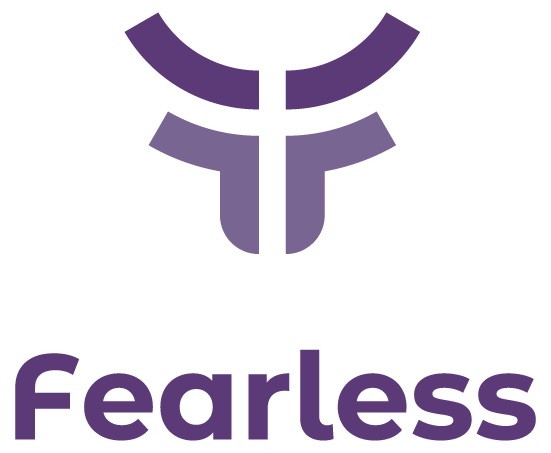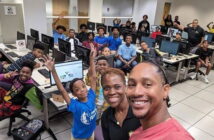Fearless, a tech company headquartered in Baltimore, plans to close the digital inequity gap in Maryland with the help of the Digital Connectivity Act of 2021.
By Reginald Allen II
Special to the AFRO
The digital divide has left rural and low-income Maryland residents in the dark. John Foster, partner and chief operating officer of Fearless tech company said, “In order for things to get done you have to have two basic things. Do you have authority and do you have a budget?” If the Maryland General Assembly passes the Digital Connectivity Act of 2021, the authorization to address the broadband internet access challenges Maryland residents face will be activated.
On Jan. 26, the Maryland General Assembly held a hearing in the House for the Digital Connectivity Act, and it was reviewed in the Senate on Feb. 9. If the act is passed, the Office of Digital Inclusion will be established and will be required to create statewide plan “to ensure that every resident of the State is supported by high-quality broadband Internet service at an affordable price, and has the tools necessary to use and take advantage of the Internet.”
Fearless, a 12-year-old tech company, is dedicated to answering that question. The digital tech firm has advocated for digital equity through their software development and engineering services. Foster said that Fearless also focuses on capacity building with Hutch. Hutch is a tech company incubator that develops and matures new talent to decrease the digital divide.
The award-winning organization is passionate about development whether it is direct or not. Fearless stated three points that they want to increase are Baltimore City youth working in STEM fields, STEM programs in city schools and activity with city non-profit organizations. In 2020, Fearless donated more than $144,000 to organizations addressing the digital divide and racial injustice.
A statement from the Abell Foundation said “According to the 2018 American Community Survey, 96,000 households in Baltimore (40.7%) did not have wireline internet service, such as cable, fiber or digital subscriber line service. And some 75,000 Baltimore City households, or one in three, do not have either a desktop or laptop computer. Most of these households are lower income.”
Maryland residents have been going to work and school virtually for almost a year now. Given the statistics, it is crucial to provide high-speed internet at affordable prices.
For more information about Fearless, visit their website www.fearless.tech and follow the Digital Connectivity Act of 2021 on Maryland’s General Assembly page: https://mgaleg.maryland.gov/mgawebsite/Legislation/
Help us Continue to tell OUR Story and join the AFRO family as a member –subscribers are now members! Join here!



